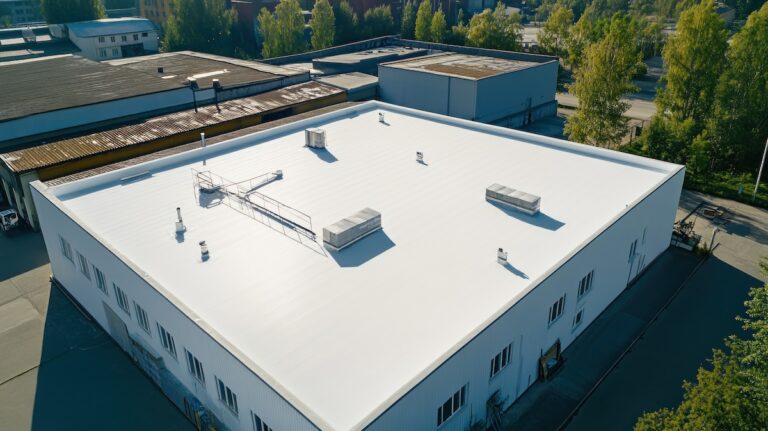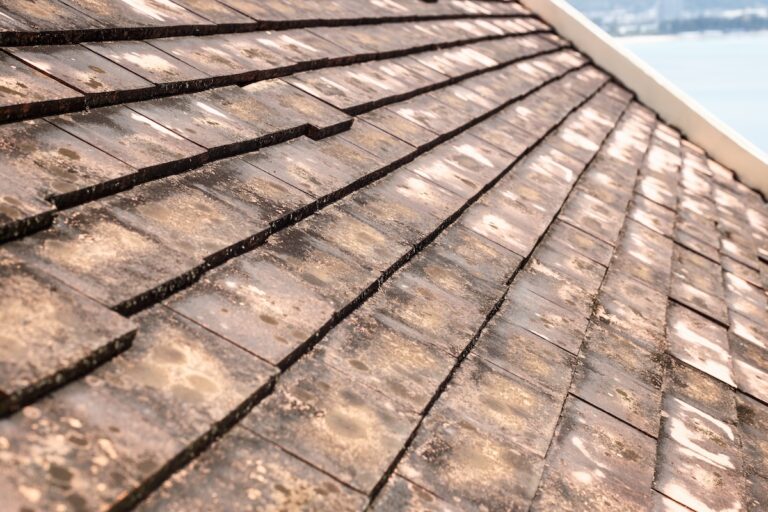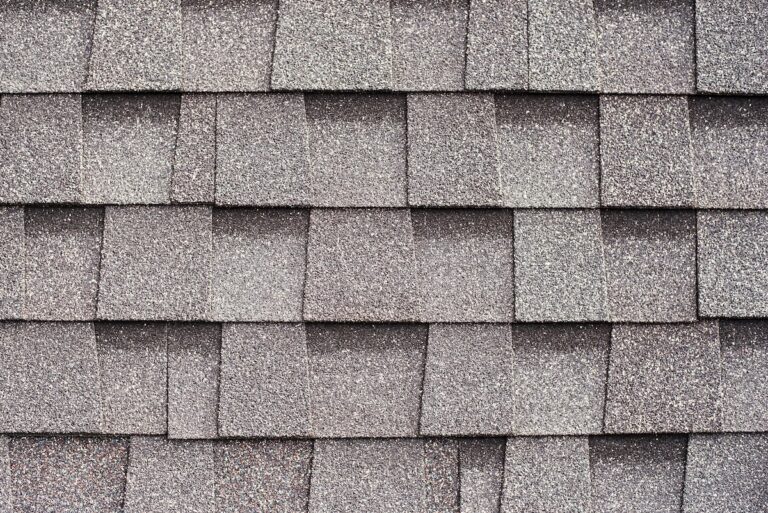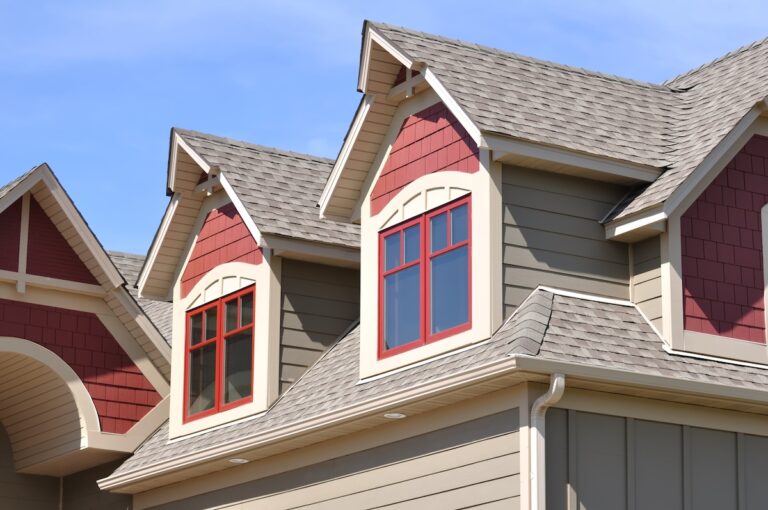Your roof plays a crucial role in protecting your home from the elements, but over time, wear and tear can compromise its integrity, leading to:
- Leaks
- Damage
- Decreased energy efficiency
When signs of deterioration become apparent, it may be time to consider a roof replacement. But how much does a roof replacement cost?
Understanding the cost associated with this significant investment is essential. In this guide, we’ll explore the signs indicating theneed for a roof replacement, break down the costs by materials, discuss financing options, and offer tips for finding the right contractor for the job.
Signs You Need a Roof Replacement
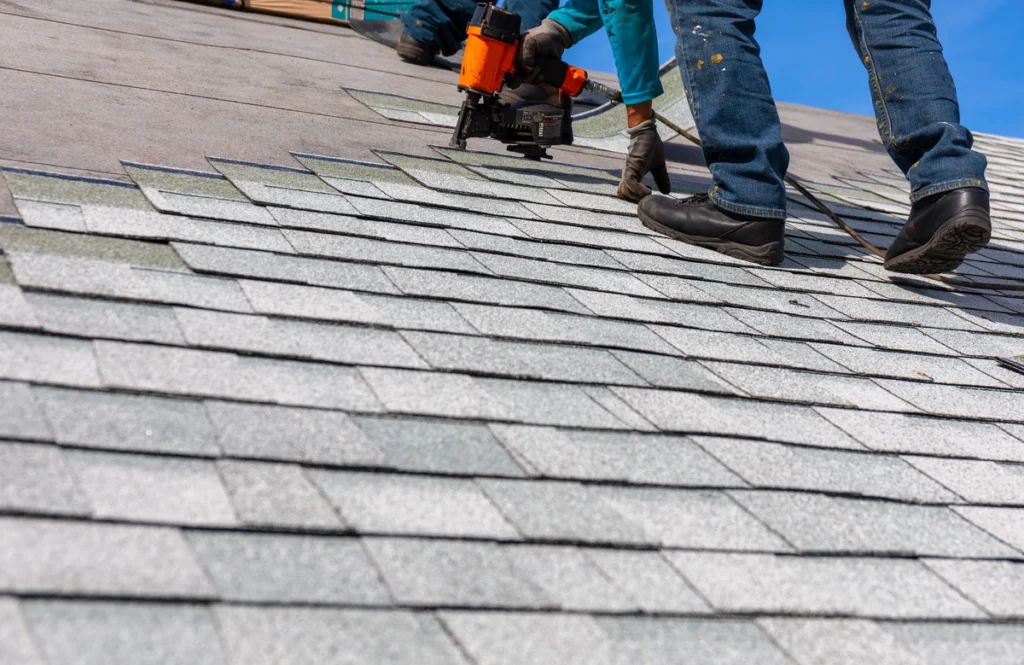
Are you wondering if it’s time for a roof replacement? Here are some obvious signs:
- Age: The age of your roof is a significant factor in determining whether it needs replacement. Most asphalt shingle roofs last between 20 to 25 years, while other materials like metal or tile can last longer. If your roof is nearing the end of its lifespan, it’s wise to start considering replacement options.
- Leaks: Water stains on your ceiling or walls, dampness in your attic, or visible leaks during heavy rain are clear indicators of roof damage. Ignoring these signs can lead to further deterioration of your roof and costly repairs to your home’s interior.
- Missing or Damaged Shingles: If you notice missing, cracked, curled, or blistered shingles, it’s a sign that your roof’s protective layer has been compromised. This leaves your home vulnerable to water damage and other issues.
- Sagging Roof Deck: A sagging roof deck indicates structural problems that require immediate attention. It could be due to moisture damage, inadequate support, or aging materials, all of which necessitate a roof replacement.
- Granules in Gutters: As asphalt shingles age, they shed granules, which may accumulate in your gutters. Excessive granule loss indicates the need for a new roof, as it compromises the shingles’ ability to protect your home from the sun and moisture.
Cost of Roof Replacement by Material
The cost of a roof replacement varies depending on several factors, including the material used, the size and complexity of the roof, and the contractor’s labor costs. Here’s a breakdown of average costs per square foot for common roofing materials:
- Asphalt Shingles: $3.50 – $5.50 per square foot
- Metal Roofing: $7.00 – $12.00 per square foot
- Wood Shake: $6.50 – $11.00 per square foot
- Slate: $10.00 – $20.00 per square foot
- Clay or Concrete Tile: $10.00 – $15.00 per square foot
It’s important to note that while asphalt shingles are the most affordable option, they also have the shortest lifespan compared to other materials. Investing in higher-quality materials may result in lower long-term maintenance costs and increased durability.
4 Financing Options for Roof Replacement
Replacing a roof is a significant expense, but there are several financing options available to homeowners to help manage the cost:
1) Home Equity Loan or Line of Credit:
If you have equity in your home, you can borrow against it to fund your roof replacement. Home equity loans typically offer lower interest rates than personal loans or credit cards.
2) Roofing Financing Programs:
Many roofing companies offer financing programs with competitive interest rates and flexible repayment terms. These programs may require a credit check and approval process.
3) Government Loans and Grants:
Depending on your location and circumstances, you may qualify for government loans or grants to help cover the cost of a roof replacement, especially if you’re making energy-efficient upgrades.
4) Personal Loans:
Personal loans from banks, credit unions, or online lenders can provide funds for a roof replacement with fixed interest rates and predictable monthly payments.
Before committing to a financing option, be sure to research and compare rates, terms, and eligibility requirements to find the best fit for your budget and financial situation.
Finding the Right Contractor
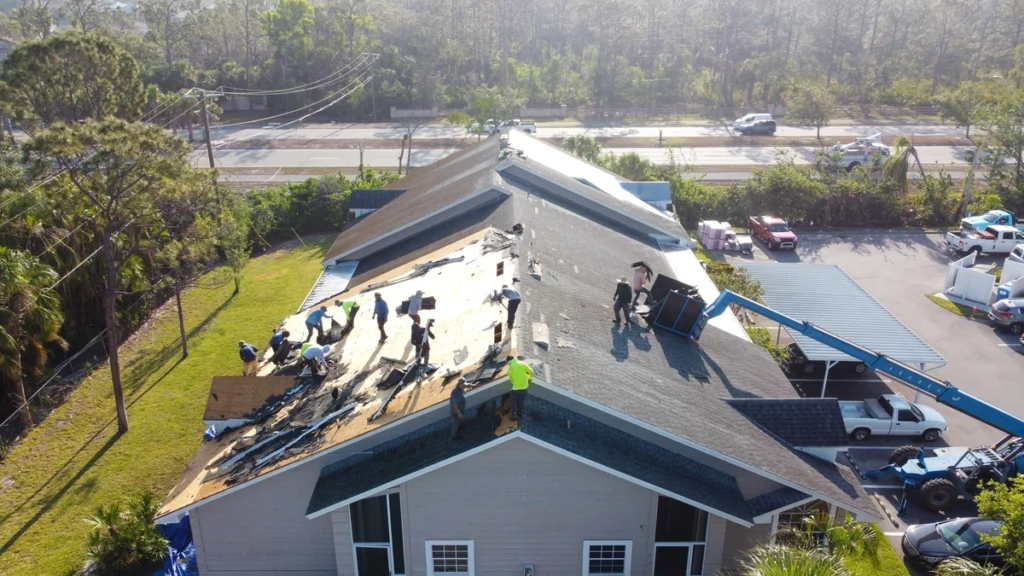
Choosing the right contractor is crucial to ensuring a successful roof replacement project. Here are some tips to help you find a reputable and reliable contractor:
- Research: Start by researching local roofing contractors online, read reviews, and ask for recommendations from friends, family, and neighbors.
- Verify Credentials: Look for contractors who are licensed, insured, and bonded. Verify their credentials and check for any complaints or disciplinary actions with the Better Business Bureau or local licensing board.
- Get Multiple Quotes: Obtain estimates from at least three different contractors and compare their pricing, materials, warranties, and timelines.
- Ask for References: Request references from past customers and follow up with them to gauge their satisfaction with the contractor’s workmanship and professionalism.
- Review the Contract: Before signing any contract, carefully review the terms and conditions, including payment schedules, project timeline, material specifications, and warranty information.
By taking the time to research and vet potential contractors, you can feel confident that you’re making an informed decision and investing in a roof replacement that will protect your home for years to come.
Learn More About Roof Replacement Costs
A roof replacement is a significant investment in your home’s safety, comfort, and value. By being aware of the signs indicating the need for replacement, understanding the costs associated with different roofing materials, exploring financing options, and finding the right contractor, you can ensure a smooth and successful project. Don’t delay addressing roof issues—act promptly to protect your home and preserve its integrity for years to come.Contact G Cannon today to get started!


